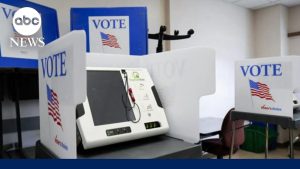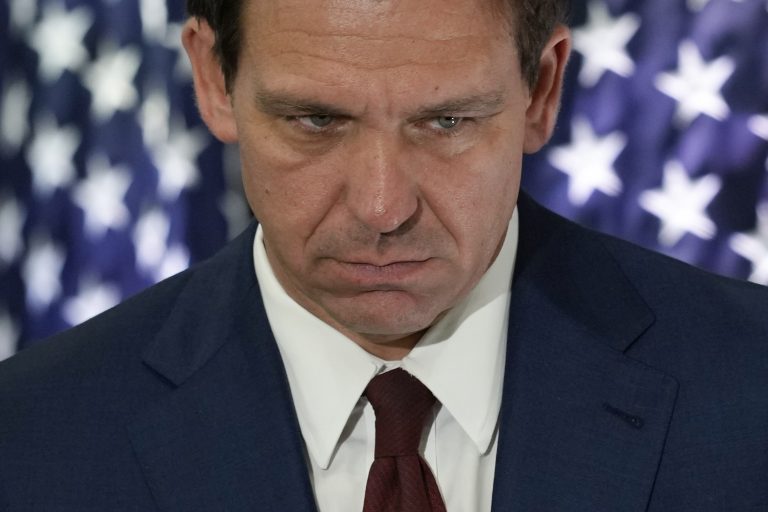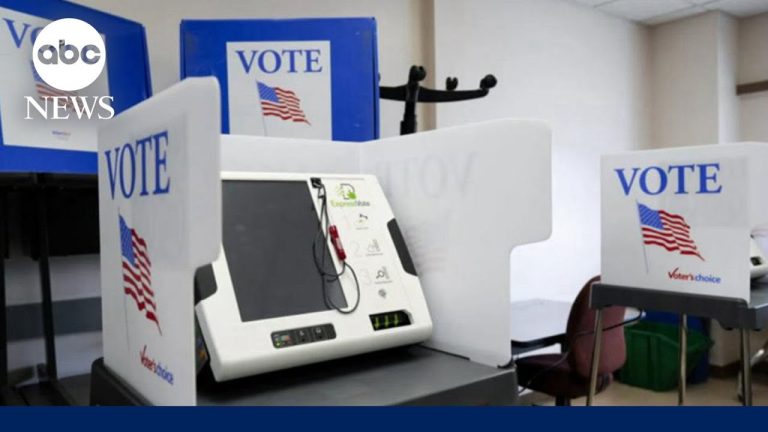Restrictive Voter ID Laws Could Disenfranchise Thousands of Eligible Voters
Washington, DC – U.S. Senator Michael Bennet (D-CO) today requested that the U.S. Department of Justice (DOJ) carefully review highly restrictive photo identification voter requirements that are under consideration or recently signed into law in several states that could potentially disenfranchise thousands of eligible voters.
In a letter to Attorney General Eric Holder, Bennet—along with Majority Leader Harry Reid (NV) and U.S. Sens. Dick Durbin (IL), Chuck Schumer (NY), Kirsten Gillibrand (NY), Sherrod Brown (OH), Jeanne Shaheen (NH), Jeff Merkley (OR), Mark Begich (AK), Ben Cardin (MD), Mary Landrieu (LA), Patty Murray (WA), Ron Wyden (OR), Tom Harkin (IA), Herb Kohl (WI) and Tom Udall (NM)—expressed serious concerns about voter identification laws, which could disenfranchise American voters.
“These measures have the potential to block millions of eligible American voters without addressing any problem commensurate with this kind of restriction on voting rights. Voting is the foundation of our democracy, and we urge you to protect the voting rights of Americans by using the full power of the Department of Justice to review these voter identification laws and scrutinize their implementation,” the Senators wrote in the letter.
Under Section 5 of the Voting Rights Act, DOJ is granted significant authority to review laws before they are implemented in covered jurisdictions. Covered jurisdictions have the burden of proof to establish that changes in their laws will not have a discriminatory impact on minority voters. In states not covered by Section 5, DOJ can exercise vigilance in overseeing whether these laws are implemented in a way that discriminates against protected classes in violation of Section 2 of the Voting Rights Act. DOJ also has authority under the Voting Rights Act to require that all individual’s qualified to vote in a jurisdiction be held to the same standards, practices and procedures.
Since January, voter ID laws have been passed in Wisconsin, South Carolina, Alabama, Texas, Kansas and Tennessee; Ohio, Pennsylvania and New Hampshire are also considering proposals.
These laws have the potential to disenfranchise thousands of eligible voters and disproportionately affect particular populations. Studies have shown that as high as 11 percent of eligible voters nationwide do not have a government-issued ID. This percentage is higher among seniors, racial minorities, low-income voters and students.
Research has turned up few cases of the kind of voter fraud photo ID laws would prevent, and voter impersonation already is punishable by up to five years in prison and $10,000 in fines under federal law.








